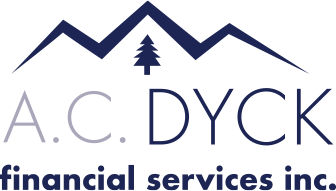On August 16, 1999, the game show “Who wants to be a Millionaire?” was launched on ABC television. In order to win the grand prize, contestants had to answer a series of multiple-choice questions. Over the 21 years that the show ran, 12 people won the grand prize of $1,000,000. The show was such a big hit both in the United States and Canada that it won seven Daytime Emmy Prizes. The popular magazine, “TV Guide”, ranked it No. 6 in its 2013 list of the 60 greatest game shows of all time. The show was very entertaining and proved the power of the dream of becoming a millionaire.
If you want to become millionaires the old-fashioned way, most of us must earn it by working hard and investing what we can. Having a gap between net income and living expenses is vital to having the seed money to invest. A big question that everyone asks is, “what do I invest in?” That is the $64,000 question that each individual person needs to answer for themselves. The reason that I am answering this question vaguely, is because in the free-market economy in which we Canadians live, each of us must exercise free will to find our way to build wealth and financial freedom. Thomas Stanley’s books, “The Millionaire Next Door” and “The Millionaire Mind” are two excellent books to study if you want to develop the necessary wealth building mentality.
There are several money-making factors that are vital for building wealth. The biggest two, in my opinion, is the rate of return your investment gets you and the other is time in the market. For example, if you were to invest $500.00/month for 45 years and earned an after-tax compound rate of return of 5%, you would become a millionaire. Here’s the math:
Present Value: 0
Interest Rate: 5%
Payment: $500.00
Payment Periods: Monthly for 45 years (540 payments)
Future Value: $1,013,218.65
This illustration, albeit, simplistic, shows that “time” is every investor’s best friend. For most people, finding money to invest and having the discipline to stay invested for a long period of time is the challenge. The proverb, “The journey of a thousand miles, starts with the first step.” It is never too late to start!
Al’s nuggets:
1) If you want an extra $5,000 per year, earn or save $13.70 each day$$
2) If you have a job with a group retirement plan, embrace it!
3) Enjoy this classic advertisement! https://youtu.be/aMPu99_Xvjw
